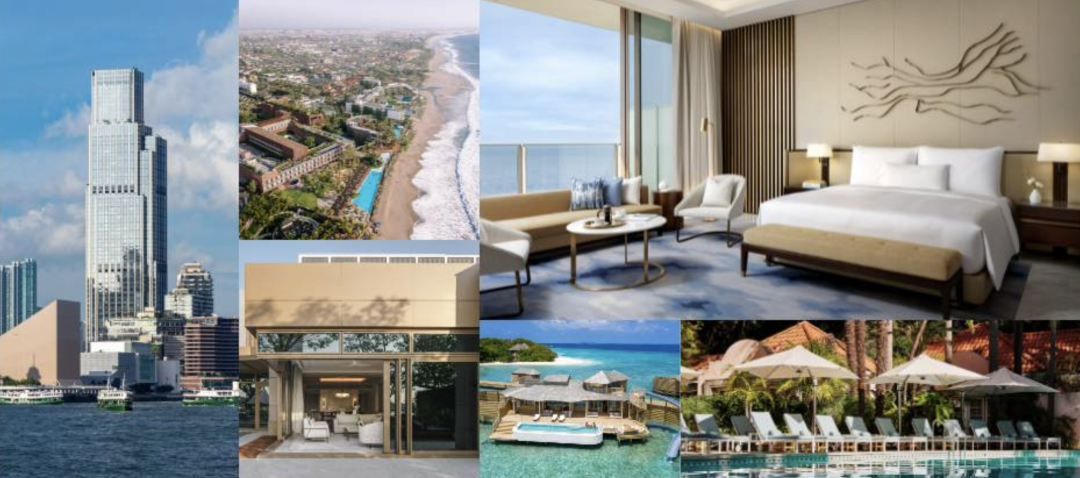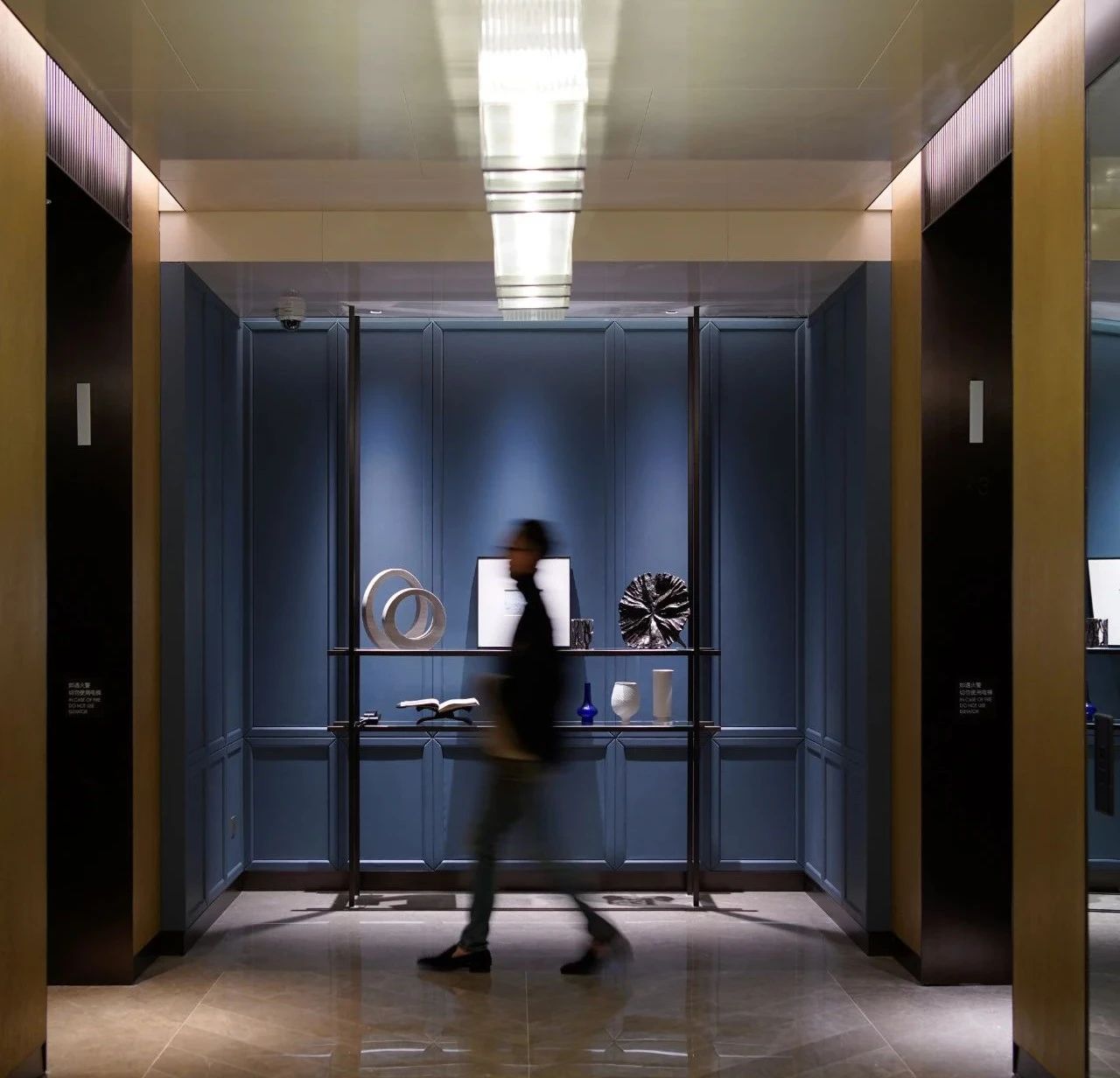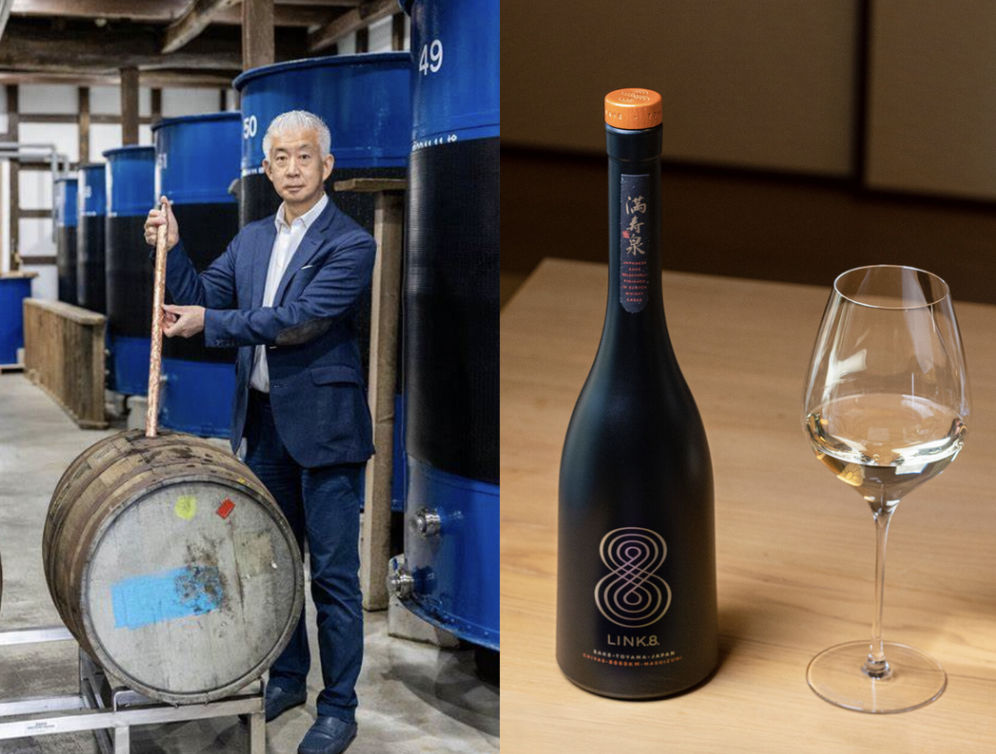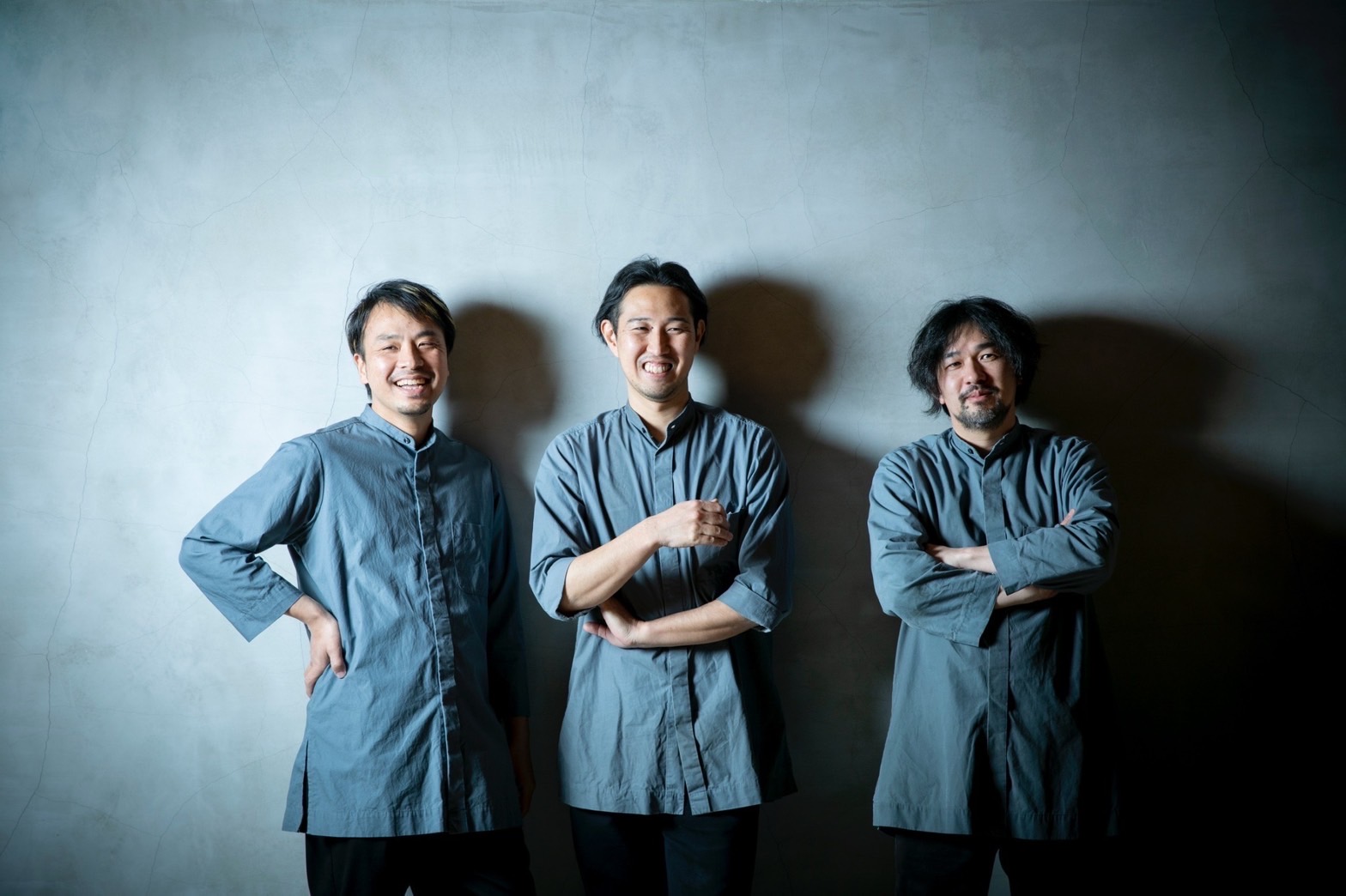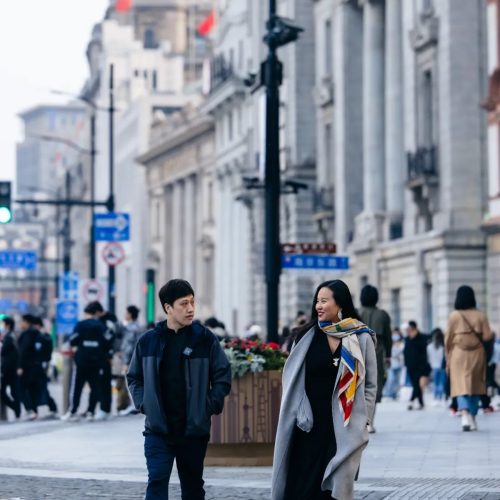The luxury travel trend of 2024 was entirely about resurgence and place Vendome travel budget, dotted by the Olympic Game frenzy— with the glam set ticking bucket list after a long hiatus to dreamy destinations like Tokyo, Bangkok, London, and Paris in a row. The announcement of billion figure investment in luxury and ultra-luxury hotels and swollen numbers of travel guides and accolades in post-Covid years became a new status quo for the luxury travel industry. Optimism, unprecedentedly and unexpectedly, and escapism, predictably, are the hashtag vocabulary of the year. A hype can end in cliche overnight, and some glamorous globetrotters now seek originality and obscurity without luxurious standards compromised, and therefore set the new trend in 2025.
Niche and Itch
Two new reports show travelers are now in a very different headspace. Trend reports from mass online travel agencies, Expedia and Booking.com, show seasoned travelers are forgoing splashy trips to global hot spots in favor of quieter trips to places that are lesser explored, and leaving the crowd behind.
Some 63% of travelers said they are likely to visit a destination under radar on their next trip, according to a report led by one of the leading online travel agencies which surveyed 25,000 respondents from 19 countries. “Many destinations are becoming quite overcrowded,” said James Marshall, vice president of global air accounts at Expedia. “A lot of the travelers, they want something different. They want to move away and find equivalent destinations that haven’t been discovered by that many people.”
Travelers are looking for less exposed spots to explore, hidden gems like San Miguel de Allende in Mexico, Sintra in Portugal or Furano in Japan. Lonely Planet’s recently released list of 30 must-visit destinations for 2025 include emerging destinations such as Chiang Mai in Thailand, Toulouse in France and Pondicherry in India.
Such a trend further fosters the eminence of boutique hotels among discerning and affluent travelers who seek individuality and bespoke experiences through independent, boutique properties in these lesser-known locales. Plus, not only is this a great way to experience authenticity and originality, but it also takes some weight off destinations overwhelmed by mass tourism while supporting the growth of smaller—and no less, if not more beautiful—destinations.
 @rosewoodsanmiguel
@rosewoodsanmiguel
Healthier budget, healthier choice
There are other reasons travelers are looking to take the road less traveled, said Greg Schulze, the Chief Commercial Officer of the Expedia Group. “Less explored destinations tend to more competitive with travel expense and can be more relaxing”, Schulze commented, “The price of travel has increased over these years,” he said. “Detour destinations often are more economical for general travelers and offer extra added values to the luxury travelers. They can get a superior experience for less.”
Luxury travelers also search for authenticity, locality, and sustainability in the destinations on the established hotlist. “Sustainability is absolutely the trend, and even though I think that’s very much a global trend, certainly something we’re seeing with our APAC travellers as well who are very interested in making sure that they’re being responsible, global citizens and searching for hotels who are following sustainable practices.” said Shannon Knapp, the CEO of The Leading Hotels of the World, “I think wellness is a big global trend right now, certainly amongst our travellers and APAC. It’s no longer good enough to have a spa or general wellness facilities—it’s now getting much more specific. It’s looking at emotional wellness, mental wellness, spiritual wellness and physical wellness—it’s a very broad pursuit.”
Healthier budget, healthier choice
There are other reasons travelers are looking to take the road less traveled, said Greg Schulze, the Chief Commercial Officer of the Expedia Group. “Less explored destinations tend to more competitive with travel expense and can be more relaxing”, Schulze commented, “The price of travel has increased over these years,” he said. “Detour destinations often are more economical for general travelers and offer extra added values to the luxury travelers. They can get a superior experience for less.”
Luxury travelers also search for authenticity, locality, and sustainability in the destinations on the established hotlist. “Sustainability is absolutely the trend, and even though I think that’s very much a global trend, certainly something we’re seeing with our APAC travellers as well who are very interested in making sure that they’re being responsible, global citizens and searching for hotels who are following sustainable practices.” said Shannon Knapp, the CEO of The Leading Hotels of the World, “I think wellness is a big global trend right now, certainly amongst our travellers and APAC. It’s no longer good enough to have a spa or general wellness facilities—it’s now getting much more specific. It’s looking at emotional wellness, mental wellness, spiritual wellness and physical wellness—it’s a very broad pursuit.”
“Do Not Disturb”
Slow travel remains one of the fastest growing travel trends, as the world’s leading hotel brands continue to invest in ultrayachts to sleeper trains—making the journey as much a part of the experience as the destination itself.
In 2022, Ritz Carlton launched its Ritz Carlton Yacht Collection and its inaugural ship, Evrima. In September, 2024, it debuted its second vessel, Ilma, an inky midnight-blue ship that boasts 224 guest rooms. Next year, its third ship, Luminara, will mark the collection’s debut in the Asia-Pacific region.

Investing in slow travel is a clever way for hotel groups to entice travelers to explore multiple properties, particularly those in harder-to-reach destinations. In February this year, Aman announced a luxury train service that would take guests from bustling Jakarta to one of its most awe-inspiring hotels, Amanjiwo, in Central Java.
In this March, Eastern & Oriental Express, a Belmond Train, returned to the tracks in Malaysia after a major restoration , boasting seasonal menus curated by acclaimed Taiwanese chef André Chiang, who put a fine-dining spin on classic Chinese and Malay dishes for its passengers.
Canary in the Coal Mine
For the first time since 2008, excluding the Covid-19 years, the personal luxury goods market declined, dropping 2% from an historic high of $387 billion in 2023 to $381 billion, according to the Fall 2024 Bain-Altagamma Luxury Goods World Wide Market Study. After this year’s shortfall, Bain said that the luxury market “can still return to solid growth,” emphasizing the industry’s “long-term solid fundamentals.”
However, some luxury brands may have undermined their fundamentals during the post-pandemic boom when the luxury goods market grew a whopping 30%, from $298 billion in 2019.
Predicting that the luxury market may range from flat to rising 4% in 2025, main partner and report co-author Federica Levato shared his less favorable view, “Unless something extraordinary happens that no one is forecasting and no one is seeing, the hundreds of luxury companies we interviewed are all budgeting and forecasting revenues in that range.”
Yet the ground is dissolving beneath further. Bain estimates that only about a third of luxury brands will grow revenues in 2024, which compares with 66% that showed positive revenue growth in 2023.
Whether luxury goods market and luxury travel are meeting a death cross, or the momentum in luxury travel industry may be met with a turbulent year remains to be observed closely.
Photo:Joseph Wan/instagram@rosewoodsanmiguel、@visit_furano/wikipedia.org

